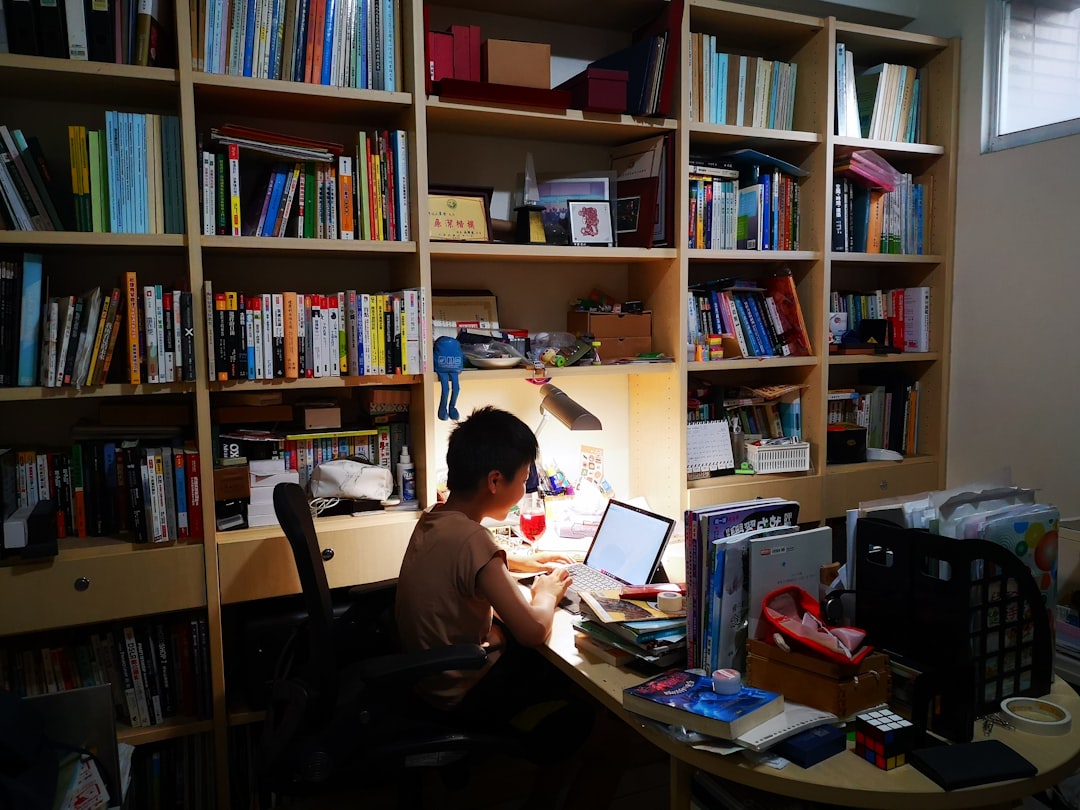
Why do translators make mistakes?
Translation is both an art and a science, requiring not just language proficiency but also cultural awareness, contextual understanding, and subject-area knowledge. Despite technological advances and professional training, translators—both human and machine—are still prone to making mistakes. These errors can range from subtle nuances lost in translation to glaring misinterpretations that significantly alter the meaning of the original text.
Understanding why translators make mistakes is essential, especially in an increasingly globalized world where accurate communication is more important than ever. Several key factors contribute to these translation errors, many of which are more complex than they initially appear.
1. Language Complexity and Nuance
Languages are inherently complex, each with its own rules, idioms, slang, and cultural phrases. What may be a harmless idiomatic expression in one language could be nonsensical or even offensive in another. Translators often struggle when a source language has no direct equivalent in the target language, leading to approximations or errors.

For example, consider the phrase “kick the bucket.” A literal translation into another language might confuse readers unless the translator chooses a culturally appropriate equivalent. The subtleties behind tone, emotion, and intent add another layer of difficulty that even experienced professionals can misjudge.
2. Cultural Differences
Culture and language are inseparable. Cultural context deeply influences how language is used and understood. Translators unfamiliar with the cultural background of the source material may miss vital context clues. This is particularly true in marketing, literature, or political texts where cultural sensitivity is crucial.
Cultural references, historical allusions, humor, and societal norms all come into play. A translator must not only translate words but also adapt them effectively to resonate with the target audience. Failure in doing so can result in mistranslations that are technically correct but contextually wrong.
3. Lack of Subject-Matter Expertise
Translators often specialize in specific fields such as medicine, law, technology, or finance. Without the proper technical knowledge, a translator might misunderstand jargon or industry-specific terms, leading to critical errors. Imagine a slight mistranslation in legal documents or medical prescriptions—such mistakes could have serious consequences.
This is why many professional translators choose to work within niche industries where they can leverage their experience and expertise to avoid mistakes.
4. Human Error and Deadlines
Translators are human, and like all professionals, they can make mistakes due to fatigue, distraction, or tight deadlines. Working under pressure can cause oversight, resulting in grammatical errors, missed sentences, or incorrect word choices.

Even the most meticulous translator can overlook a typo or forget to double-check context. This is why proofreading and peer review are crucial steps in the translation process.
5. Overreliance on Machine Translation
Machine translation tools like Google Translate have advanced considerably, but they still lack the contextual sensitivity of human translators. These tools may provide a word-for-word translation that seems accurate but fails to capture subtleties or tone. Overdependence on such services can result in artificial or incorrect translations.
For instance, translating a legal contract or a piece of literature using only machine translation is a recipe for misinterpretation. Thus, while these tools are helpful for quick and broad understanding, professional review remains essential.
FAQs
- Q: Is it common for professional translators to make mistakes?
A: Yes, even experienced professionals can make occasional errors due to language complexity, human oversight, or contextual challenges. Quality assurance processes help minimize these issues. - Q: How can translation mistakes be prevented?
A: Mistakes can be reduced through proofreading, collaboration with subject-matter experts, and maintaining cultural awareness. Involving editors or using translation memory tools can also help maintain consistency. - Q: Are machine translations reliable for professional use?
A: Not entirely. While useful for informal or quick translations, machine translations lack the nuance and contextual understanding required for professional or sensitive content. - Q: Why is cultural knowledge important in translation?
A: Cultural factors influence how language is used and understood. A lack of cultural context can result in translations that are inappropriate, misunderstood, or offensive. - Q: Can being bilingual make someone a good translator?
A: Being bilingual is a good start, but professional translation requires additional skills such as writing ability, cultural awareness, and often subject-matter expertise.
Translation is a challenging and often underappreciated skill. Recognizing the reasons behind translation mistakes is the first step toward achieving more accurate and contextually appropriate translations. With proper understanding, training, and tools, many of these errors can be significantly reduced or avoided altogether.